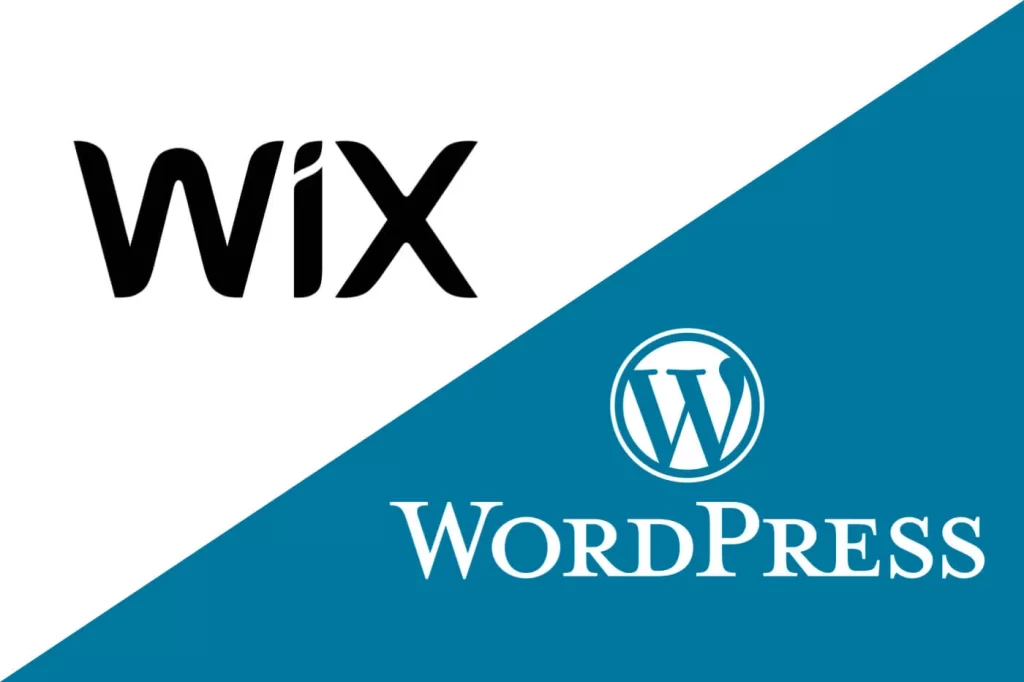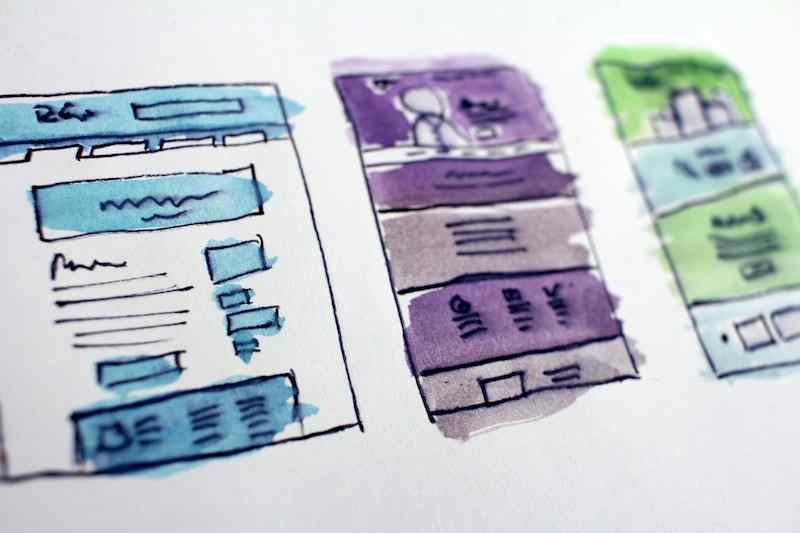Defining Key Website Objectives
Before creating a website, it’s important to clearly define what you want to achieve and who your target audience is. This could be selling more products, making the site more user-friendly, or simply increasing your online presence. Each goal needs to be defined very precisely. This will help steer the project in the right direction and ensure that many visitors become customers.
The brand idea and what the site offers that’s special are crucial. Visitors should immediately understand what the site offers. Knowing whether the goals are being met is also very important because you won’t know if the site is performing well.
Ensuring that the website aligns with the company’s strategy is key. Setting long-term goals helps maintain overall coherence. This not only improves brand image but also supports company growth.
Competitive Analysis and Market Research
Comparing with others and analyzing strengths and weaknesses are crucial to understand one’s position in the market. Identifying what is popular helps in adjusting strategies to stand out.
Knowing one’s market position and identifying opportunities becomes easier by keeping an eye on competitors. This helps in leveraging competitors’ weaknesses to gain a better position.
Moreover, segmenting the market into smaller pieces and understanding what customers truly want provides a better understanding of our audience. Knowing exactly what our audience is seeking is extremely important to offer things that truly appeal to them.
Choosing the Right Website Creation Platform

When deciding between Wix, WordPress, or another platform for creating your website, it’s important to understand what matters. Each option has its good sides in terms of what it can do, how much it costs, the technical support available, and how it can grow with our site.
Making sure to use marketing tools, customize your site, and choose from different templates are things to consider for having an online presence that works well and gives a good professional image.
Website Architecture and Organization
The organization, the way we navigate through the site, and how information is arranged are crucial for a website to perform well. If everything is well-organized, it’s easier for people to find what they’re looking for, making the site more enjoyable to use.
User-centered design, making the site accessible to all, and effectively linking different parts of the site are extremely important to keep visitors engaged. It helps people navigate easily and understand where to go.
Creating sketches, mock-ups, and testing the site with real people before launching it helps refine the design. This is an important step to ensure that the site meets the needs of the people who will use it.
High-Quality Web Content and SEO

Writing to be well-received by search engines is crucial because choosing the right keywords and creating meaningful content are vital for success on the internet. These practices help improve ranking and attract interested individuals.
Crafting a solid content strategy that tells stories and evokes emotions helps keep people engaged. When telling a story around one’s brand, it creates a special connection with the audience.
Having backlinks to one’s site, incorporating hidden keywords, and ensuring that images are well-indexed by search engines are also crucial for ranking well in search results.
Attractive and Professional Web Design
Choosing the right colors, fonts, and graphic style is very important. This influences how people perceive the site. A well-designed site gives the impression that it is serious and reliable.
Ensuring that the site is responsive and keeping up with design trends can help stay ahead.
Placing images, videos, and action-inspiring buttons in the right places can turn visitors into customers or subscribers. This guides people to do what we want on the site.

Essential Website Features
Adding online stores, contact forms, and chatbots makes the site more engaging. This provides people with more ways to directly communicate with your company.
Moreover, setting up social media integration, newsletters, and analytics tools not only helps increase online presence but also allows you to understand exactly how people are reacting.
Ensuring that the site is secure with an SSL certificate and regular backups protects user data. This also ensures that the site remains safe from online threats.
Budget and Project Planning
Knowing the cost of creating a website, the return on investment, and how to finance the project are crucial when planning a website. This determines if the project is financially feasible from the outset.
Having a schedule for the project, important milestones to reach, and good project management ensure that the site will be launched smoothly and within the planned timeframe.
Maintaining the site, updating it, and evolving it over time are extremely important. These operations ensure that the site remains efficient in the face of changes in technology and user needs.
Conclusion
In summary, creating a quality website requires an organized approach that considers several factors:
Having clear goals, thorough competitor analysis, choosing the right platform, having a good structure, well-thought-out SEO content, professional design that attracts, and useful options for visitors.
The idea is simple:
Start planning your website today, keeping these tips in mind to ensure it performs well online!
Investing in an effective website is truly important. It’s a strategic investment in your online presence that can truly make a difference. With time, regular efforts, and making the best use of available resources, success online is not only possible but certain to happen.






0 Comments